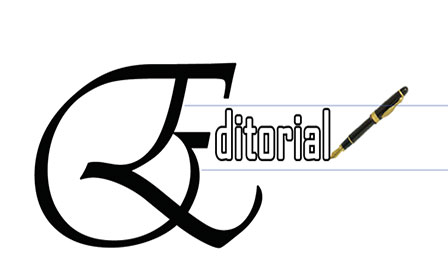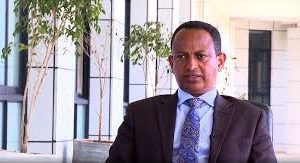
Ethiopia’s foreign policy is positioned on some strategic pillars that aim at ensuring national sovereignty, eradicating poverty and creating peaceful environment conducive for internal and external shared benefits.
The rationale is that fair utilization of resources among nations in the region fosters mutual benefits for regional peace, stability, economic development, and integration.
Despite that, utilization of the Blue Nile water has continued to be a contentious agenda between Ethiopia and Egypt. Why?
From the tripartite talks held in the past and present, and from what the Egyptian media continue to debate, the position of Egypt proves to be unchanged. Every time resurfaces its age-old desire to rapaciously and exclusively maintain hegemony over the water, denying the development ambition of the riparian countries.
The recent tripartite talks held in Addis Ababa got its end with no deal because of the stubbornness of Egypt. The incident actually manifested itself as Egypt had joined the talks with no intention of reaching a deal at all. Otherwise, they should have not made such a new unacceptable proposal demanding the dam to be filled in 12-21 years.
That was just an example to show the unpredictable stance of Egyptian side.
Though nature and the unjust colonial treaty had helped them once to enjoy a relatively uncontested opportunity over Nile and become successful in the blue economy, their unchanged stance of claiming the Nile water as if their exclusive property is amazing.
It is better for them to know that GERD is our dam. And, it is our largest project ever. We believe that once it is completed it will become a game changer in our economy. Becoming our major source of energy, it will provide us not only the light we aspire but also make our bread. We don’t want to continue to use woods to light and cook. It is the only option we have so as to realize our ambition of becoming a middle-income economy boosting our industrialization capacity.
Be that as it may, we also know that GERD’s purpose is by no means restricted to ourselves. Similar benefits will go to the rest of our region, most of which poor like us. It will boost the sub-regional energy capacity. This has already been proven by our electric connection to Sudan and Djibouti as well as planned connection to Kenya.
Beyond that, we also know that GERD will serve as water bank, protecting the downstream countries against floods and other disasters, and releasing regulated flow and helping the overall socio-economic situations in there.
In view of all these, Egypt should have supported Ethiopia’s unreserved commitment for river basin development activities, which is good not only for Ethiopia but also for other riparian countries. Fighting natural degradation that is resulting due to demography, natural and man-made disasters should have been a shared concern. It should have felt a sense of stewardship for development demands of the upper course people based on the tenets of fairness and mutual benefits.
Or at least, Egypt should have changed its age-long stance and come up with acceptable term. Argument for fair utilization of resources is paramount and the time demands.
The Ethiopian Herald January 16/2020
BY TEWODROS KASSA





